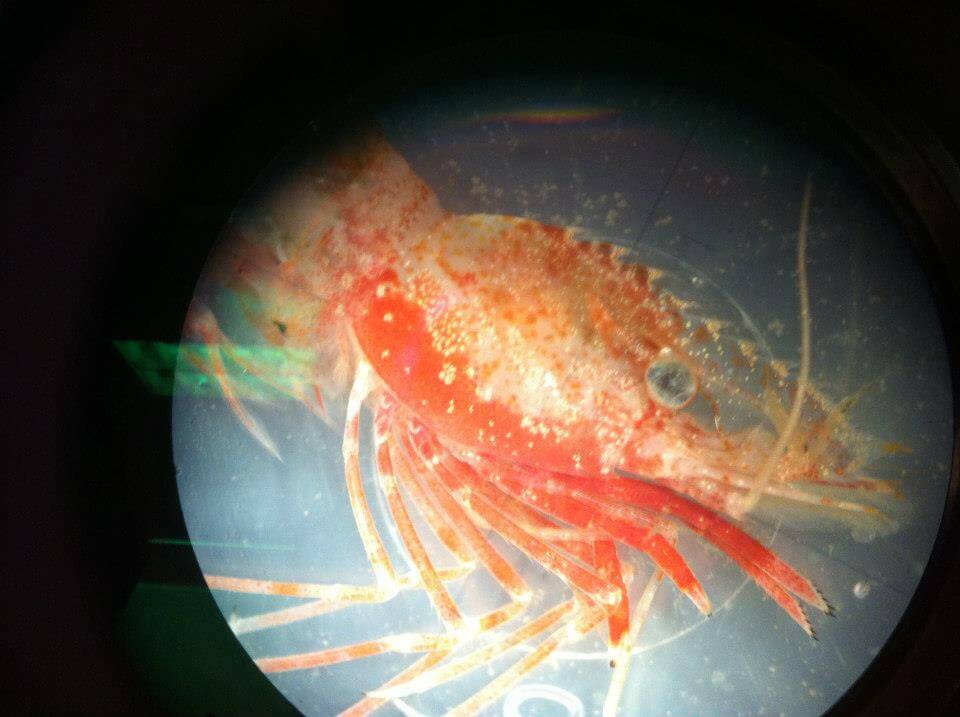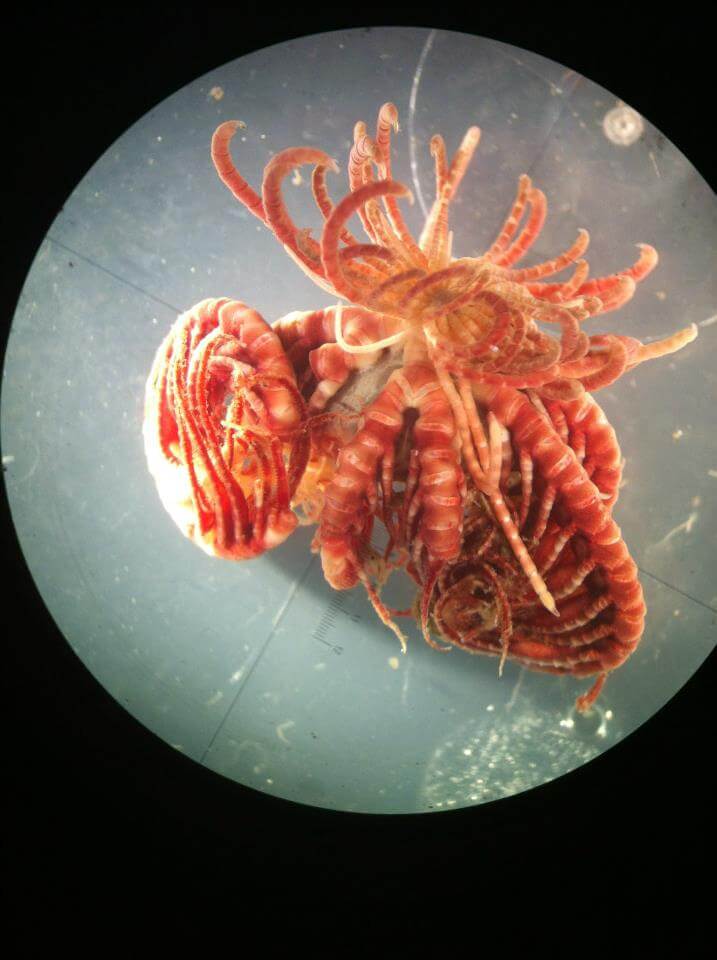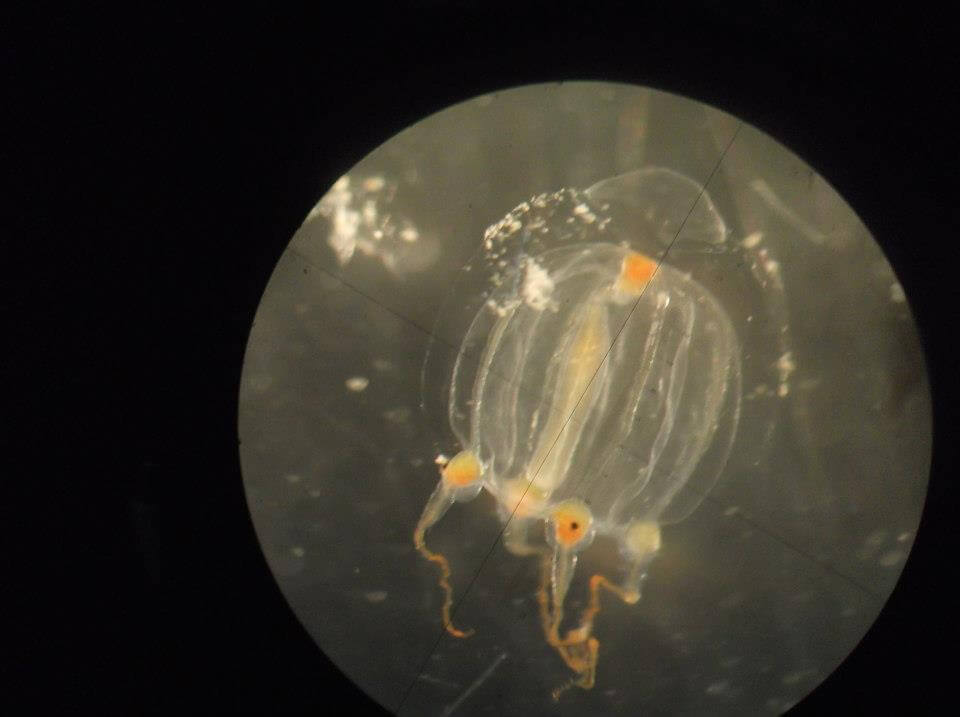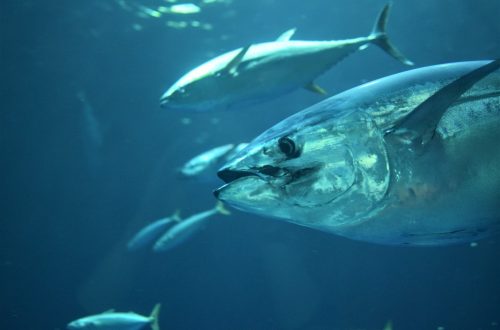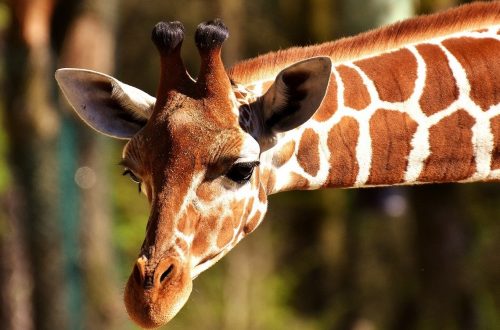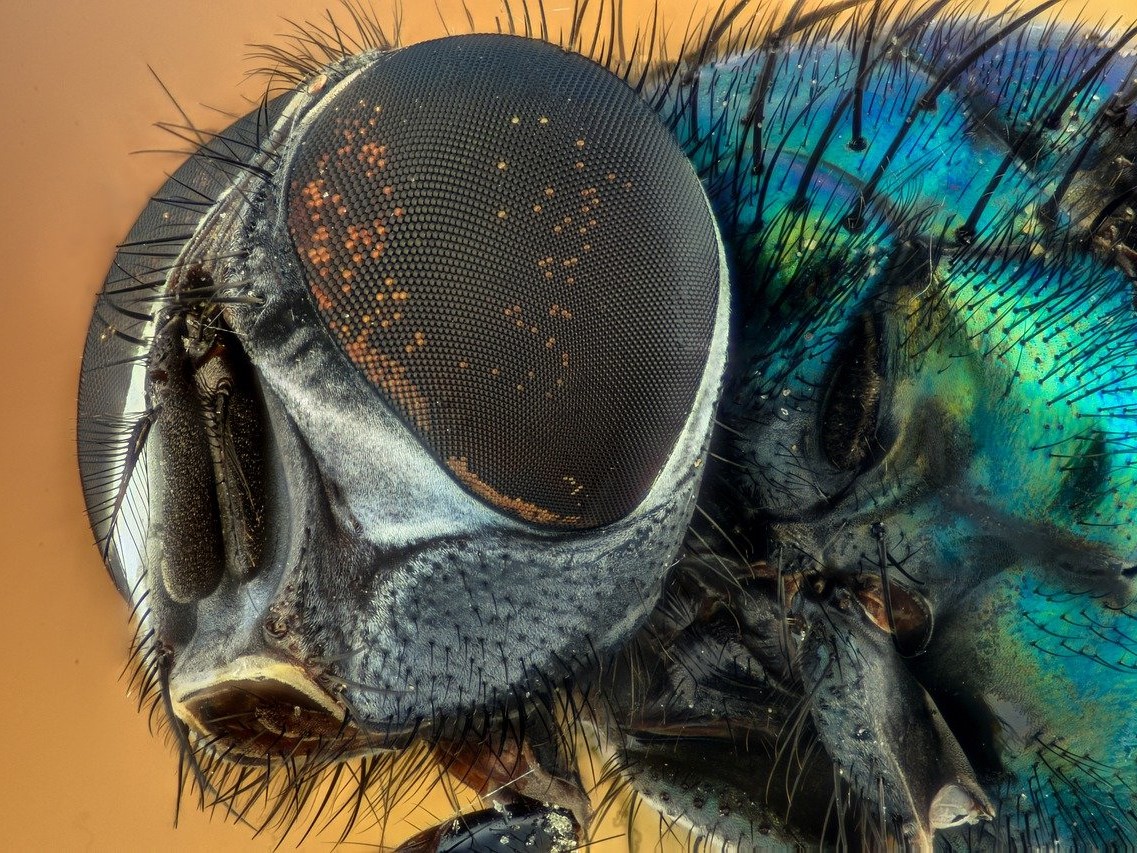
Human Disconnection with Nature: Why It’s Hard to Care
Thinking Thoughts
The very first article I wrote for this blog was entitled, “What is Wildlife Conservation and Why You Should Care”.
It has occurred to me since that this is a fairly depressing statement. Surely I shouldn’t have needed to explain why it is that something so clearly valuable as nature, should need to be protected?
But, here we find ourselves, because the human disconnection with nature is real.
Why, when and how did society stop placing value on the world outside our windows?
Inspiration
I’ve seen a lot of content circulating the wildlife blogosphere relating to getting jobs in conservation lately.
I’ve seen articles from Patch the World and Oh Deer Emily, heard podcasts from The Lonely Conservationist and seen a book published by Fancy Scientist, Steph Schuttler, all giving great tips on getting conservation jobs.
Besides their subject matter, they were all united by something else: frustration.
Frustration at the lack of recognition, reverence and understanding for the importance of conservation. Frustration at the powerlessness to make meaningful change whilst feeling like you’re watching the world crumble around you.
The feeling that they are shouting from the rooftops whilst people just walked on by.
Why is this a problem?
All of this got me thinking about why conservation is such a difficult field to crack into. It didn’t take me long to reach a conclusion.
It seems to me that there is a simple reason that it is difficult to get wildlife conservation jobs: people pay for what they value.
Human disconnection with nature has meant that so often, the needs of the environment have gone straight to the bottom of the waitlist.
But why? Where did it all go wrong?
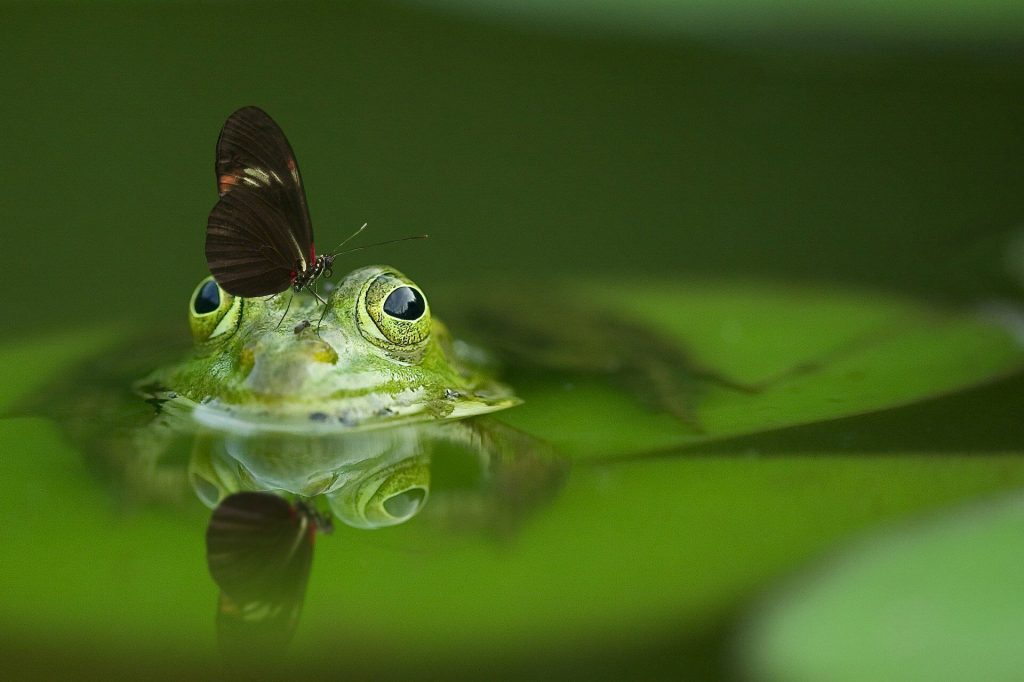
The Problem: Why Have Humans Disconnected with Nature?
It’s Just Not My Thing
For a start, I think we’ve got a bit of a branding issue.
Imagine a bird watcher…then draw me a picture of him.
I say “him” deliberately because it’s almost certainly a man you see. Probably dressed head to toe in khaki with and fancy pair of binoculars around his neck and a generous helping of white hair topping his head.
Now envisage a world where someone like Lizzie Daly or Sophie Pavelle had even half the following of Kim Kardashian and Cristiano Ronaldo. Can you imagine the strength of their voices and influence then?
I personally believe that the media has a part to play in showing the world that nature doesn’t have to be restricted to old white men. It doesn’t have mean dressing in khaki and being covered head to toe in mud. It really can be beautiful.
What Am I Looking At?
Before my trip to the Isle of Skye this year, I did some swotting up on the wildlife I might see and made a bit of a mental wish list.
I was amazed by how many seabirds I saw when I suddenly knew more about what I was looking at.
The day a “seagull” became more to me than just herring gulls, transformed the way I saw these birds. I saw them in a whole new light as my eyes were opened to black-backed gulls, common gulls and kittiwakes.
Perhaps a big part of the problem is that most of us no longer know what we are looking at.
How could we possibly appreciate what we don’t know?
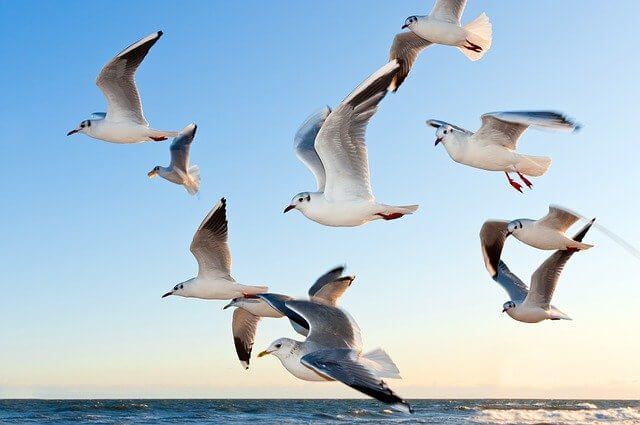
The Art of Patience
I think a big part of the human disconnection with nature is the human obsession with technology.
Technology is instant. A whole world of information is constantly at our fingertips.
Nature makes you wait.
You can spend entire days searching for wildlife and go home empty handed.
Somewhere along the line, in the world of the instant we forgot how to wait.
Misaligned Interests
Often the life we want to lead doesn’t dovetail with what’s best for nature.
We want the freedom to jump in a car or on a plane and go on an adventure despite what the carbon emissions do to the environment. I’ve been guilty of picking up a coffee in a disposable cup this year when shops can’t take refillable ones, because in the moment I thought about myself before the impact of my rubbish.
Last week’s post on having a more wildlife-friendly Christmas provides a perfect example of where our desire to recklessly consume collides with the need to protect the environment.
And as I said, there in the moment, it’s often easier to take what we desire and forget about the consequences.
The Impact of Human Disconnection with Nature
I Don’t Want to Get Political But…
The human disconnection with nature has some real-world impacts. Nature does so much for us and yet in political discussion and agenda it is so often forgotten.
It seems to me that there are two reasons for this:
- If we as the voters don’t show that we care, why should it show up on a manifesto to win our votes?
- It’s extremely difficult to see tangible results from environmental policy within the 5 year window that makes up the term of a UK government.
When issues aren’t promoted in public consciousness, they can get forgotten and the problem perpetuates itself.
Jobs are found where people place value
Now, here’s where we come full circle. Why can’t people get jobs in conservation?
Well the simple answer is…there’s money in whatever people are willing to pay for.
Whilst nature is not a priority for the public, people won’t be willing to pay for it. Where people are unwilling to pay there is no money. Where there is no money there can be no jobs.
The few jobs that do exist become wildly competitive. This leads to enormous inflation in the requirements for each and every job- why not when you have such a huge pool of passionate, talented candidates to choose from?
And, of course, here we enter the sticky subject of unpaid internships and work placements and volunteer positions. Viewed as a necessary evil by some and as an exploitative con by others. Sometimes forced by lack of funding and sometimes a product of the vast swathes of young people lining up to gain experience.
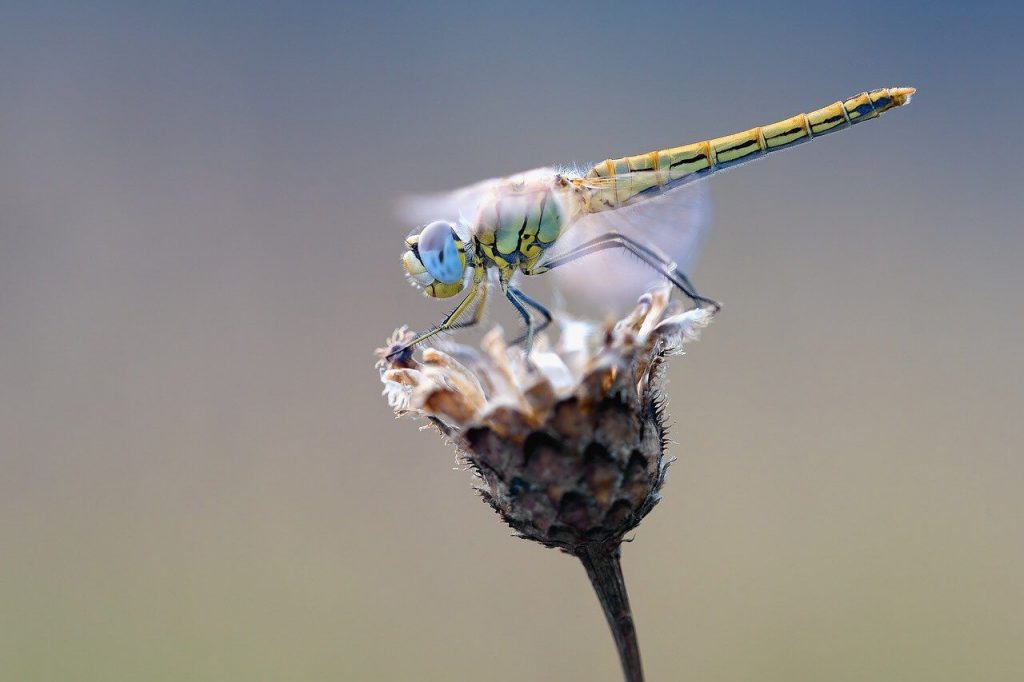
The Solution
Education, Education, Education
Have you worked out yet that I’m a BIG advocate for education?
It is my sincere belief that gaining an understanding of any issues is the most important step you can take if you want to solve any problem.
I was delighted to hear about the possibility of a natural history GCSE and would love to be able to teach it at my own school. Look out for a post dedicated to this in the future!
I think this could be a huge leap in terms of placing value on nature and environmental issues.
If a subject can affect a league table and open doors for young people, suddenly it takes on a new precedence, which is EXACTLY what we need.
Come at them from all angles
When my students ask me why they are learning something, there are times when I’ll admit I have to stop and think how to answer. In my own mind, I always come back to one thing- you might not use every ounce of knowledge you’ve acquired, but school is about giving you the freedom to have options and make choices in your life.
You don’t have to pick a box and stick to it.
Often we put conservationists very much in the box labelled “scientist”.
And of course, if science is your passion then run like the wind, follow your dreams and never give up…but let’s just pause a second to remind ourselves:
You do not have to be a biologist to make a difference in conservation.
A conservationist could be the person who does the marketing for a charity or the person who does the accounts or organises fund raising events. Perhaps they run outreach programs or assist in administration or logistics.
If we want to make a difference we need people with ALL those skills.
If you are passionate about nature, take a look at your skill set and think about where you can make a place for yourself. We need a plan of attack that comes from all angles.
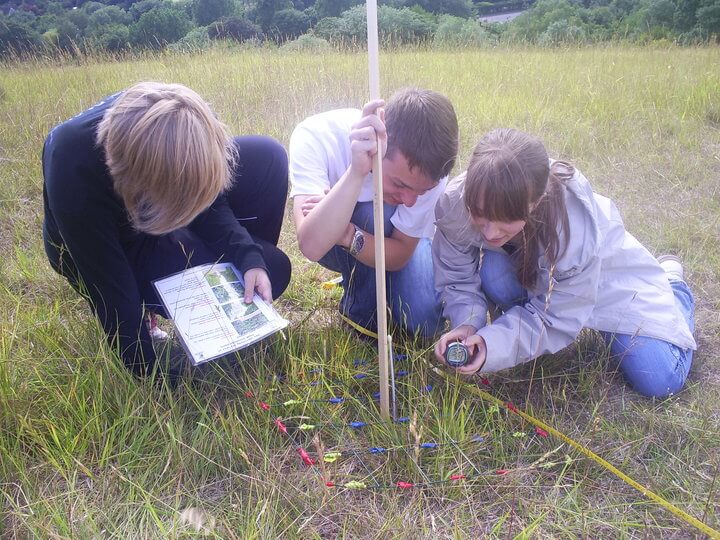
One Wild Thing
We need to be nature’s promoters. Let’s spread nature’s joy! Share your stories from your forays into nature. If you’re good at identification, tell people around you what they are looking at so they can learn and understand too. Reconnect with the art of waiting. Whatever skills you have, use them to benefit nature.
Use your voice when you get the opportunity. If you are in a position to vote, let environmental policy play a role in where you place your vote. Even if it doesn’t appear to influence the outcome for your constituency, you can still make a statement by showing support for a particular party.
Let’s all just get behind nature. If we are all shouting from the rooftops together, it may not feel so lonely up there.



